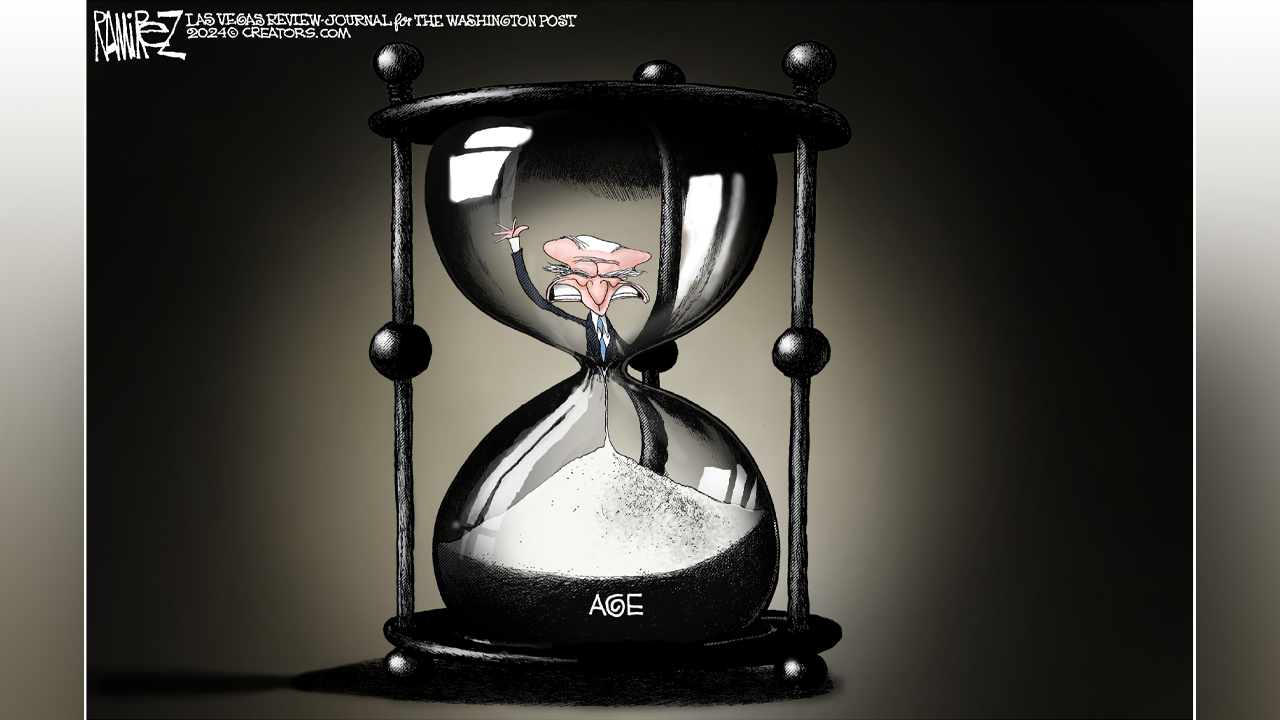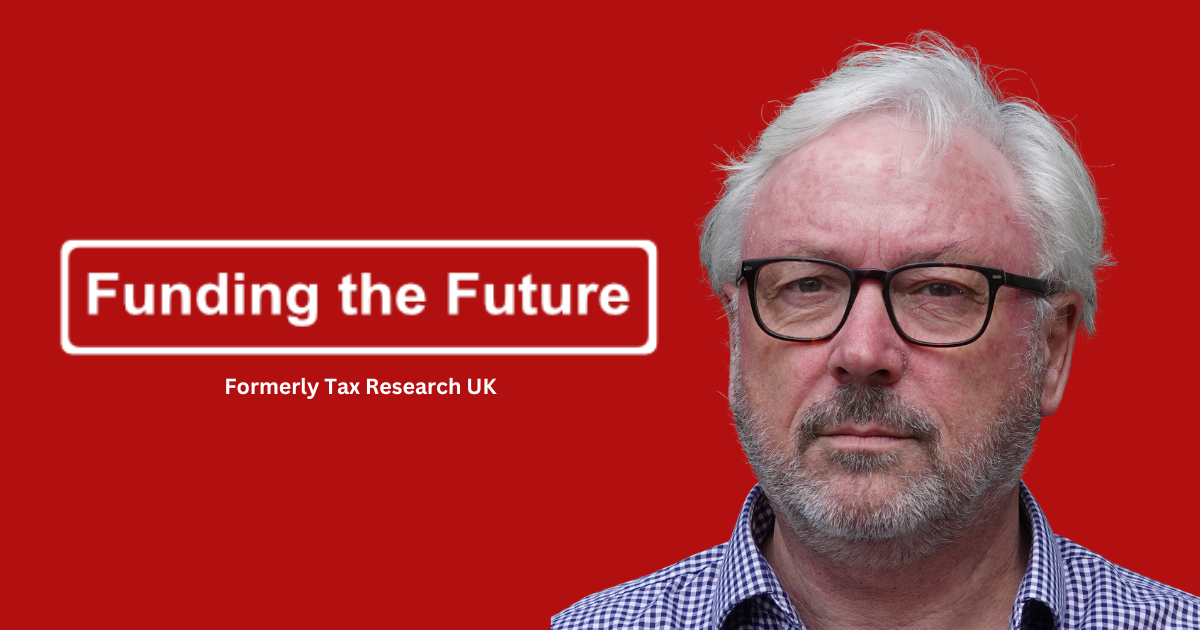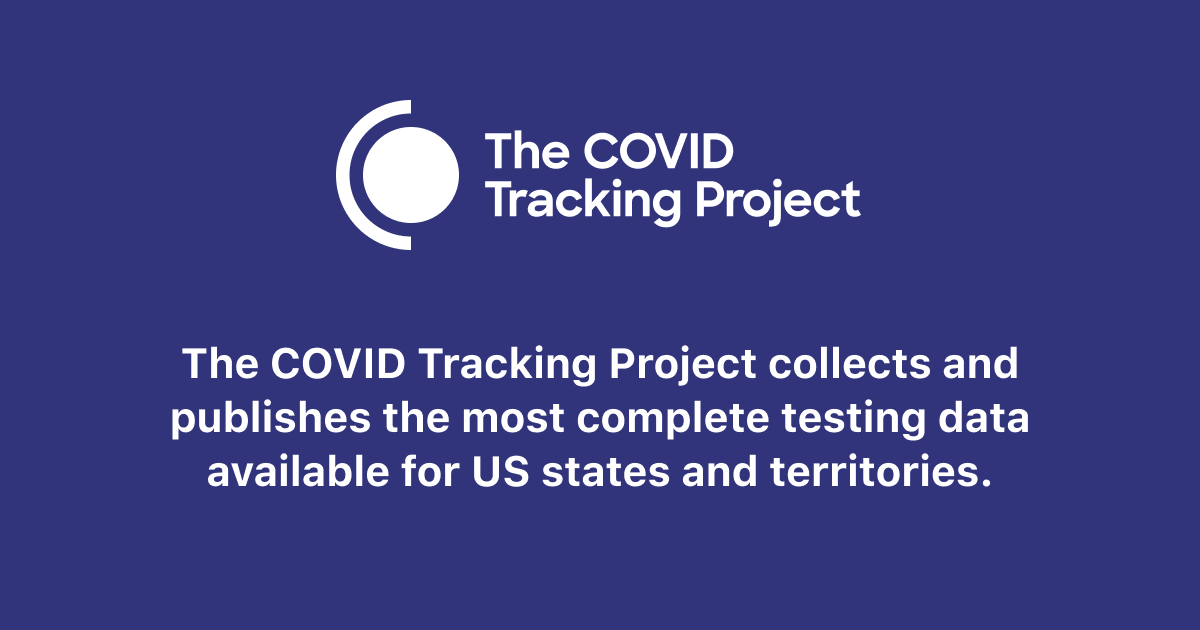That question has a super important qualifier around who "they" is. If "they" is a business (Disney spending more than it makes), towns, counties, or states, then it matters a lot. But, if "they" is the federal government, or more specifically, "an entity that creates the currency", all the rules are different.
Here's a fun read:
This Twitter thread, published this morning, took about four hours and 40 years of thinking to write... I keep hearing people complain that the ‘mainstream media’ does not understand economics and that we’re talked down to as if everything must be explained as if the economy is a household. In...
www.taxresearch.org.uk
This explanation says the spending comes before the taxing. With spending increasing the money sloshing around in the economy and taxing decreasing it. Where inflation is the real measure of if there's to much money sloshing around.
Which is to say, if the economy is running hot, unemployment is low, or that spending is buying the same limited resources as others, it'll drive inflation and be bad. A booming economy is a good time to reduce government spending. Right now, we don't have any of those worries. Which should mean, we can spend wildly, as long as we pull back as the situation changes and the economy starts to support itself. With the government spending to get us through the downturn so it's not so low and then letting up as things swing back up.






